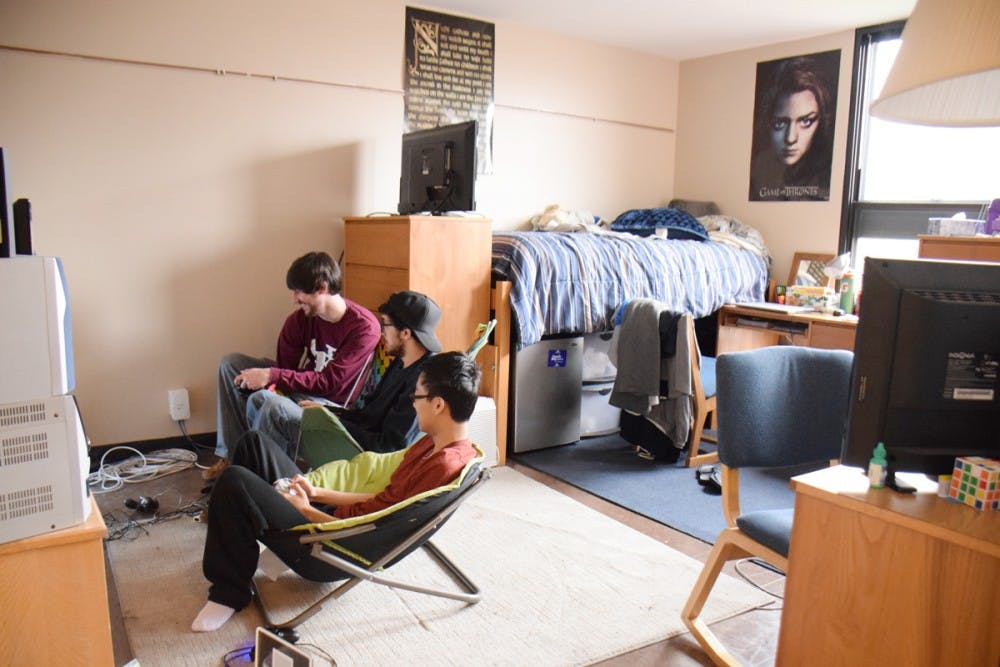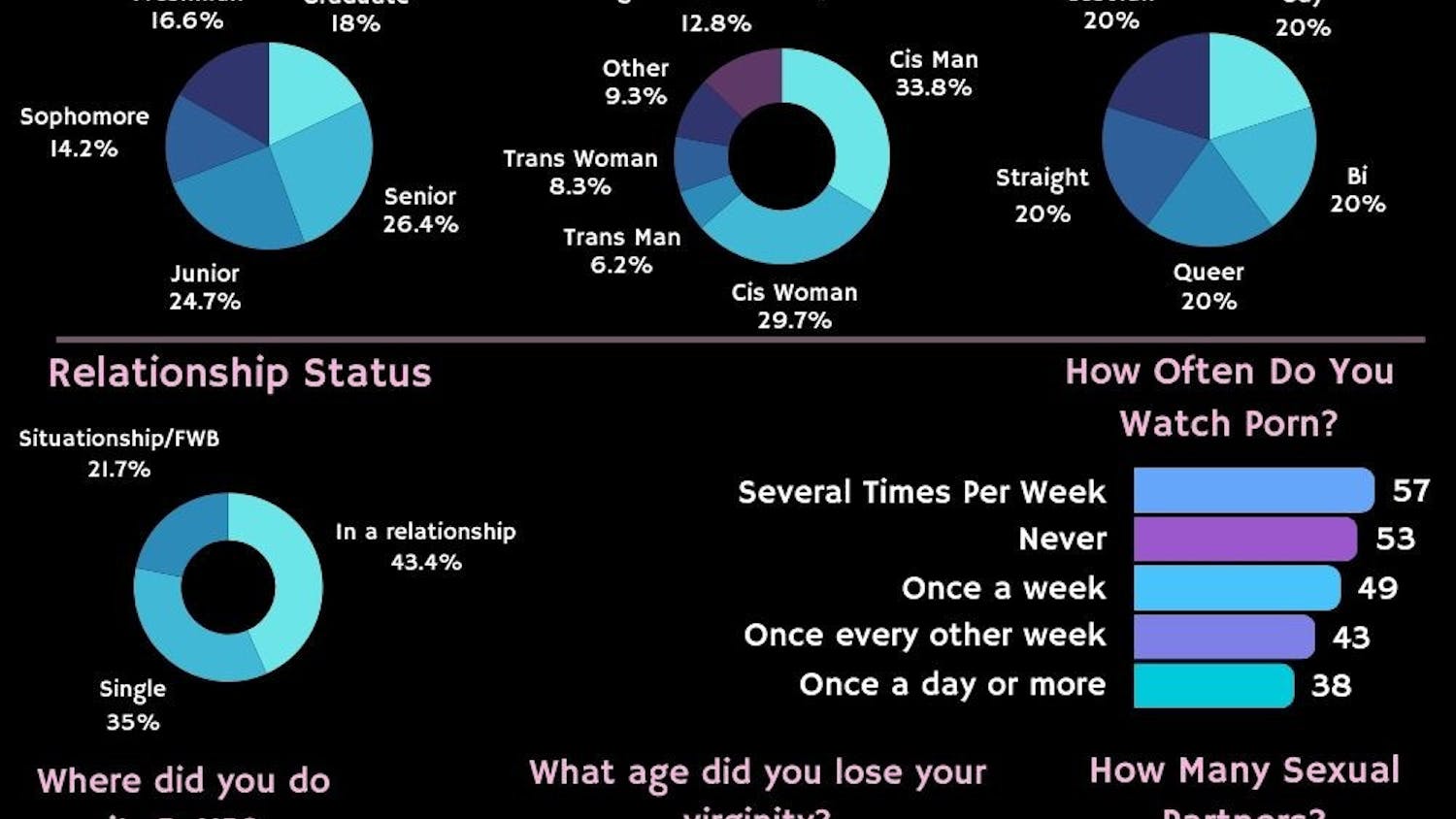Michael Koziej, senior associate director of Campus Living, remembers having a terrible roommate.
“He smoked in the room and stayed in the room all day and did nothing,” Koziej said. “It was so bad that I had to change roommates. Luckily, I knew a guy whose roommate didn’t show up, so I roomed with him.”
Now 22 years later, Koziej spends his time setting up student roommates at UB.
The roommate selection process at UB begins when new and returning students submit a housing deposit in the beginning of January. They have until May 15 to submit their roommate preferences. Both new and returning students can choose their room and roommate preference. If students don’t submit a roommate request, they are assigned a roommate randomly.
Koziej said that as long as students request each other and have an application on file by April 1, they should be approved to room together regardless of whether they are new or returning students.
Koziej added that housing does its best to accommodate students, even if they submit their request after April 1. But the later the application is submitted, the harder it is to have two people room together.
Sometimes it can be much easier for a student to choose his or her own roommates.
Noah Barclay, a junior accounting major, lives in an off-campus house near South Campus with seven other male students.
Despite his large number of roommates, Barclay said he and his housemates get along pretty well. They all have their own room and they’ve all known each other since his freshmen year.
“We definitely butt heads but its just arguments that normal people would have,” Barclay said.
Jin Sung Kim, a junior biology major, also has a fairly peaceful relationship with his housemates. Kim lives in his own room in a house off campus with people he just met this year.
According to Kim, they don’t fight much, but they aren’t very close either—it’s just an acquaintance-like relationship.
Mallory Hardick, a graduate pharmacology/toxicology student, lives in the on-campus apartment complex Hadley Village with three other housemates and has a room of her own.
She’s friends with two of the housemates and is getting to know the other one better this year.
“We’re all so busy that we don’t even have time to hang out, let alone fight,” Hardick said.
These students seem to have a cordial relationship with their housemates. All of them have one thing in common, though – they don’t share a room with anyone.
Hardick said she thinks it’s more difficult for students to get along when sharing a room with another person. Hardick, who used to live in the dorms before she moved into Hadley Village, said, “it’s harder because there isn’t a door students can close [to separate each other].”
Hardick also used to be a resident adviser (RA) on campus, so she knows all about dealing with students who have to live with each other.
Brendan Warner, a junior biology major, thinks living in the same bedroom as your roommate isn’t bad.
“[Me and my roommate] don’t really fight. He’s a senior and I’m graduating next year – we’ve been doing this long enough to know how it’s done,” Warner said.
Warner said he doesn’t get into argument with his roommate because the two both respect each other.
“If we have a problem we talk about it,” Warner said.
For students who don’t have as great a roommate situation as Warner, Koziej has some suggestions to ease the tension.
“The first thing we encourage everyone to do is start with your roommate,” Koziej said. “Communicate with them. Talk to them about what your concerns are.”
If that doesn’t work, Koziej suggests going to an RA. If the RA doesn’t seem to help, the next line of defense is to speak with the residence hall director who has been professional trained to deal with roommate problems.
Koziej said students can choose to change roommates if those steps don’t work.
As long as one of the two students is willing to move, the hall director will move them after the room freeze – a time at the beginning of the academic year during which no one can change rooms, except for extreme situations – is lifted.
Koziej believes that the root of problems that occur between roommates is a lack of communication.
“A lot of times what we find is that students don’t clearly express their expectations to each other,” Koziej said. “There are students who will sit across the room from each other and text each other instead of talk – that’s not really going to help your roommate conflict.”
Hardick also acknowledged that she thinks the problem has to do with communication.
“A lot of the students living in the dorms are younger,” Hardick said. “They need to talk with each other, but they don’t because they aren’t used to having to live that closely with someone else.”
Unlike Koziej and Hardick, Warner blames the problem on students having different personalities.
“People are different – everyone’s got a different schedule [and] a different way of doing things,” Warner said. “Some people just don’t mesh with each other.”
John Jacobs is a features staff writer. Features desk can be reached at features@ubspectrum.com.





